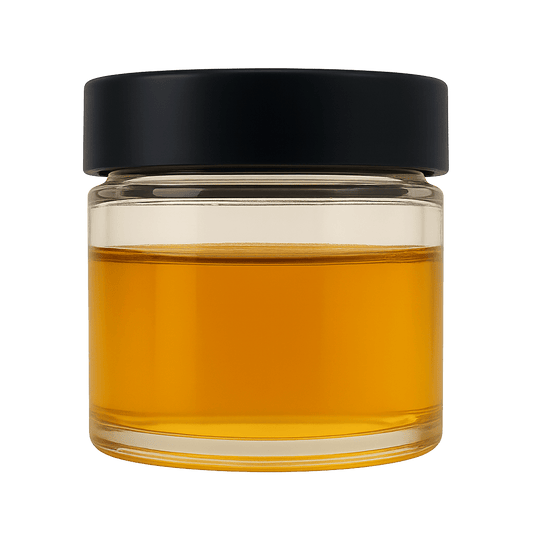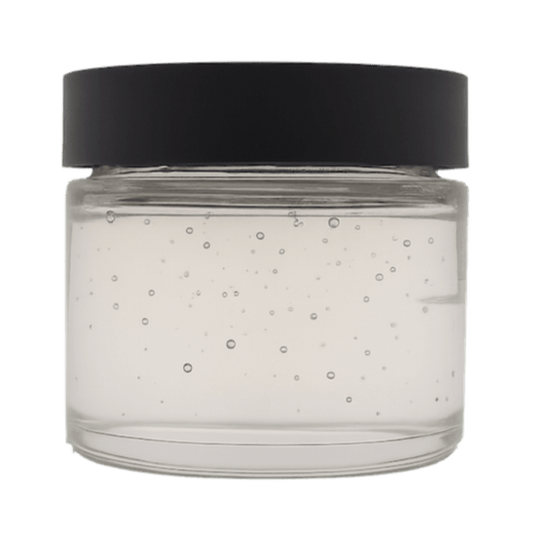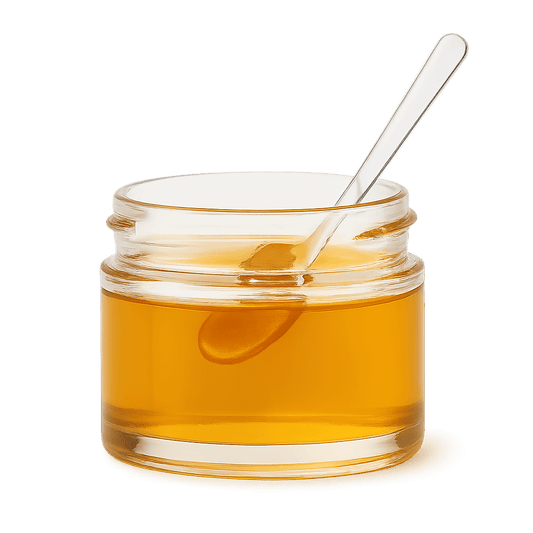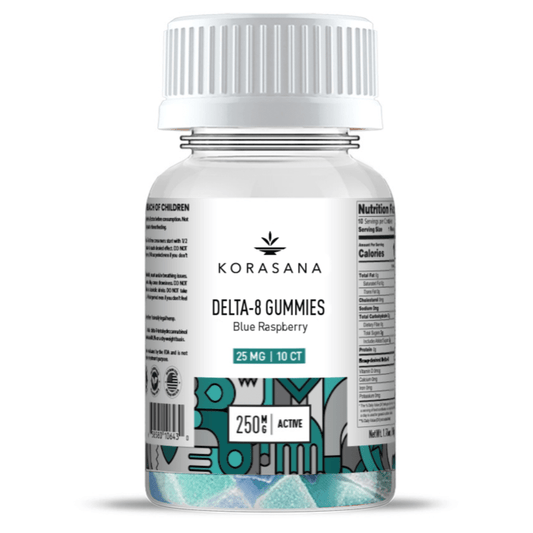Is Delta 8 THC Legal in Nebraska?
YES - Delta 8 THC is Legal in Nebraska
Delta 8 THC is legal in Nebraska. The state aligns with federal law, which allows hemp-derived products, including Delta 8, provided they contain no more than 0.3% Delta 9 THC on a dry weight basis. This legality stems from the Hemp Farming Act passed in 2019, which legalized hemp and hemp-derived products in the state. Therefore, derivatives, cannabinoids, and isomers of hemp, including all tetrahydrocannabinols other than Delta 9, are legalized in Nebraska.
You can buy Delta-8 THC products in Nebraska, both in physical stores and online, as hemp-derived products are available for purchase following the federal guidelines. However, consumers should be aware that the legal landscape regarding cannabis and its derivatives can evolve, so staying informed on the current laws is advisable.
Legal Status of Delta 8 in Nebraska
Delta-8 THC's legality in Nebraska is governed by a combination of state and federal legislation. Let's break down the relevant laws and bills that contribute to the legal status of Delta 8 THC in the state:
-
Federal Law: The 2018 Farm Bill (Agriculture Improvement Act of 2018) at the federal level legalized hemp by removing it from the definition of marijuana under the Controlled Substances Act. It defines hemp as the Cannabis sativa L. plant and any part of the plant, including the seeds and all derivatives, extracts, cannabinoids, isomers, acids, salts, and salts of isomers, with a delta-9 tetrahydrocannabinol (Delta 9 THC) concentration of not more than 0.3 percent on a dry weight basis. This federal law effectively legalized hemp-derived cannabinoids, including Delta 8 THC, as long as they meet the THC concentration requirement.
-
Nebraska State Law: Nebraska's response to the 2018 Farm Bill was to align its state laws with federal regulations through the Nebraska Hemp Farming Act (Legislative Bill 657). This Act was signed into law and defines hemp in a manner consistent with the federal definition, emphasizing that any part of the hemp plant, including derivatives and cannabinoids with a Delta 9 THC concentration of not more than 0.3 percent on a dry weight basis, is legal. It clarifies that hemp shall not be considered a controlled substance under the Uniform Controlled Substances Act in Nebraska.
- Legislative Bill 657 - Nebraska Hemp Farming Act includes key definitions and provisions that exempt hemp and its derivatives from being treated as controlled substances, thus legalizing Delta 8 THC derived from hemp.
-
Uniform Controlled Substances Act (Nebraska): The state's Controlled Substances Act was amended to reflect the legal status of hemp as defined by the Nebraska Hemp Farming Act and the 2018 Farm Bill. It specifies that hemp, characterized by the same 0.3 percent Delta 9 THC threshold, is not a controlled substance. The Act also provides a legal framework for the cultivation, handling, and processing of hemp within the state, further solidifying the legal status of hemp-derived products, including Delta 8 THC.
LEGISLATIVE BILL 657 - NEBRASKA HEMP FARMING ACT:
Chapter 2-503. Terms, defined.
(8) Federally defined THC level for hemp means a delta-9 tetrahydrocannabinol concentration of not more than 0.3 percent on a dry weight basis as defined in section 10113 of the Federal Agriculture Improvement Act of 2018, Public Law 115-334, as such section existed on January 1, 2019;
The Agricultural Marketing Act of 1946 (7 U.S.C. 1621 et seq. SEC. 10113. HEMP PRODUCTION.
Subtitle G. SEC. 297A. DEFINITIONS.
‘(1) HEMP.—The term ‘hemp’ means the plant Cannabis sativa L. and any part of that plant, including the seeds thereof and all derivatives, extracts, cannabinoids, isomers, acids, salts, and salts of isomers, whether growing or not, with a delta9 tetrahydrocannabinol concentration of not more than 0.3 percent on a dry weight basis.
(11) Hemp means the plant Cannabis sativa L. and any part of such plant, including the viable seeds of such plant and all derivatives, extracts, cannabinoids, isomers, acids, salts, and salts of isomers, whether growing or not, with a delta-9 tetrahydrocannabinol concentration of not more than 0.3 percent on a dry weight basis. Hemp shall be considered an agricultural commodity. Notwithstanding any other provision of law, hemp shall not be considered a controlled substance under the Uniform Controlled Substances Act;
(21) THC means tetrahydrocannabinol.
CHAPTER 28 UNIFORM CONTROLLED SUBSTANCES ACT
28-401. Terms, defined.
(13) Hemp has the same meaning as in section 2-503;
(14)(a) Marijuana means all parts of the plant of the genus cannabis, whether growing or not, the seeds thereof, and every compound, manufacture, salt, derivative, mixture, or preparation of such plant or its seeds.
(b) Marijuana does not include the mature stalks of such plant, hashish, tetrahydrocannabinols extracted or isolated from the plant, fiber produced from such stalks, oil or cake made from the seeds of such plant, any other compound, manufacture, salt, derivative, mixture, or preparation of such mature stalks, the sterilized seed of such plant which is incapable of germination, or cannabidiol contained in a drug product approved by the federal Food and Drug Administration or obtained pursuant to sections 28-463 to 28-468.
(c) Marijuana does not include hemp.
Chapter 28-405. Controlled substances; schedules; enumerated. Schedule I
(c) Any material, compound, mixture, or preparation which contains any quantity of the following hallucinogenic substances, their salts, isomers, and salts of isomers, unless specifically excepted, whenever the existence of such salts, isomers, and salts of isomers is possible within the specific chemical designation, and, for purposes of this subdivision only, isomer shall include the optical, position, and geometric isomers:
(7) Marijuana;
(25) Any material, compound, mixture, or preparation containing any quantity of synthetically produced cannabinoids as listed in subdivisions (A) through (L) of this subdivision, including their salts, isomers, salts of isomers, and nitrogen, oxygen, or sulfur-heterocyclic analogs, unless specifically excepted elsewhere in this section. Since nomenclature of these synthetically produced cannabinoids is not internationally standardized and may continually evolve, these structures or compounds of these structures shall be included under this subdivision, regardless of their specific numerical designation of atomic positions covered, so long as it can be determined through a recognized method of scientific testing or analysis that the substance contains properties that fit within one or more of the following categories:
(A) Tetrahydrocannabinols: Meaning tetrahydrocannabinols naturally contained in a plant of the genus Cannabis (cannabis plant), as well as synthetic equivalents of the substances contained in the plant, or in the resinous extractives of cannabis, sp. and/or synthetic substances, derivatives, and their isomers with similar chemical structure and pharmacological activity such as the following: Delta 1 cis or trans tetrahydrocannabinol, and their optical isomers; Delta 6 cis or trans tetrahydrocannabinol, and their optical isomers; Delta 3,4 cis or trans tetrahydrocannabinol, and its optical isomers;
The legal landscape indicates that Delta 8 THC, when derived from hemp that meets the legal definition (i.e., contains no more than 0.3% Delta 9 THC on a dry weight basis), is legal in Nebraska. This is consistent with the state's approach to align with federal law concerning hemp and its derivatives. However, it's essential for both consumers and businesses to stay informed about any changes in the law, as cannabis regulations can evolve. Additionally, despite its legal status, there have been instances of confusion and legal challenges, such as reports of Delta 8 products being seized in Lincoln Nebraska, suggesting a need for clarity and consistent enforcement of these laws.
The information provided on this website does not, and is not intended to, constitute legal advice or any statements regarding the status of any laws. The information, content, and materials present on this site are for general informational purposes only and should not be relied upon for any specific purpose. Laws vary across different states and are subject to change. Therefore, information on this website might not reflect the most recent legal or other developments. Read our full legal disclaimer HERE.






